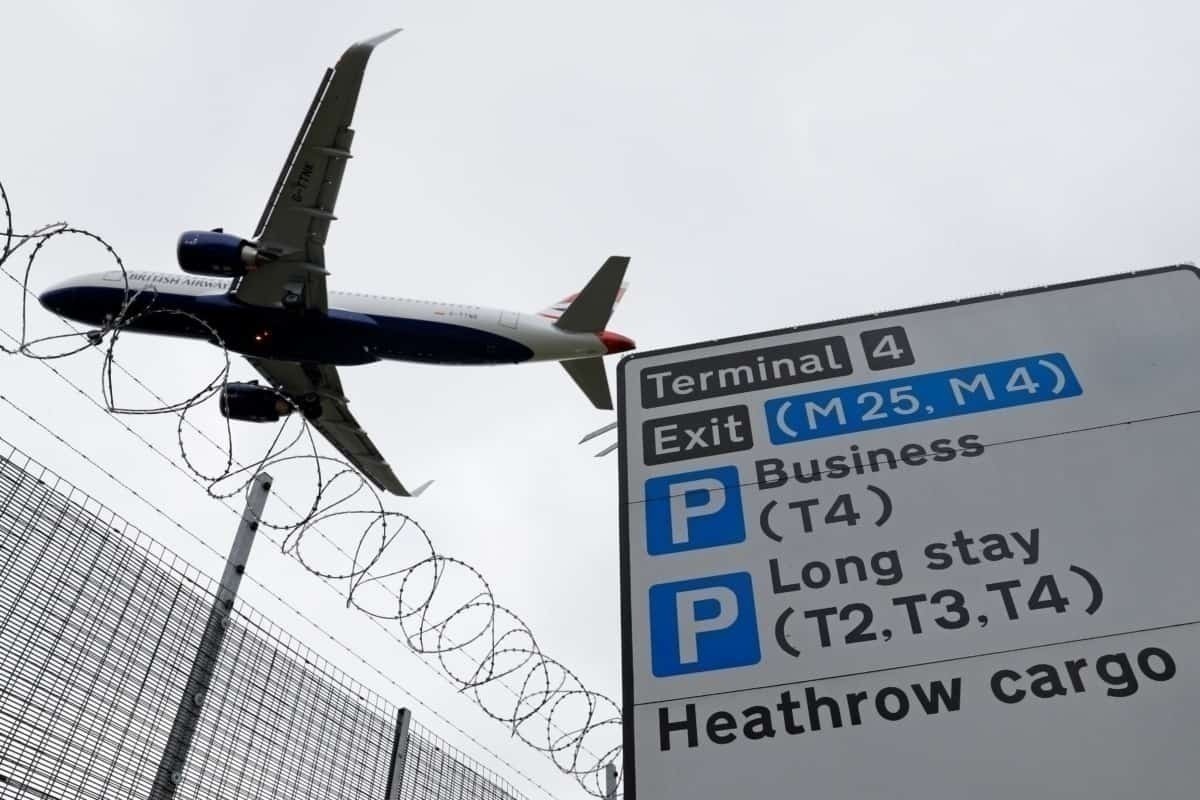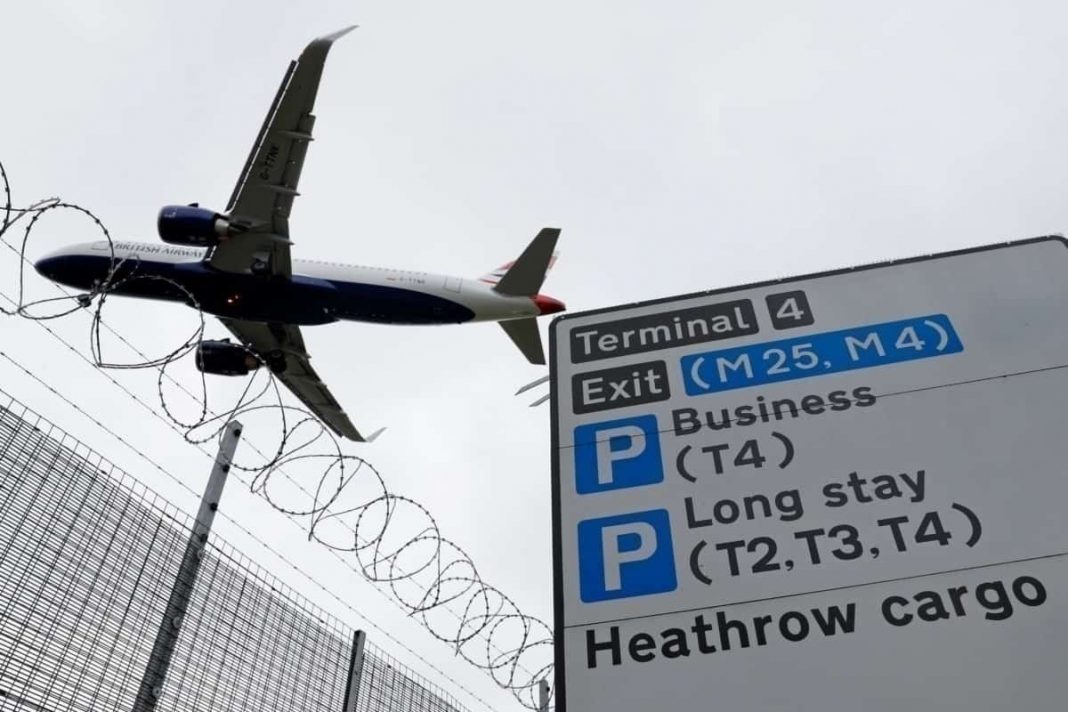People arriving in the United Kingdom from countries that are not on the safe corridor list will see their self-isolation quarantine period reduced from two weeks to ten days in a move agreed upon by all four nations. In a joint statement released by the chief medical officers of England, Scotland, Wales, and Northern Ireland, the new rule, which is already being applied in Wales, will come into force in the other nations starting from Monday. The new quarantine time period will also apply retrospectively to those already self-isolating.

Leading UK left-leaning newspaper the Guardian quotes the chief medical officers as saying that after reviewing the evidence, they were “confident” about cutting the quarantine time by four days, adding: “We urge everyone to self-isolate when appropriate – it will save lives.”
The first two days are the worst
According to the United Kingdoms’ top scientists, people are most infectious in the first two days before developing COVID-19 symptoms and that ten days into the virus; they are capable of passing the coronavirus to between one and two percent of other people.
England’s deputy medical officer Dr. Jenny Harris said that evidence shows that “the tail-end of infectiousness if you like, is the one where an individual is least likely to transmit infection.”
She added: “So allowing somebody out of self-isolation a short time earlier than that is a reasonable balance between managing the risk to the public but allowing us not to intrude on their lives.”

As well as lowering the quarantine time, the UK government has begun a pilot scheme in Liverpool to determine if it can end self-isolation altogether next year. The trial will only test people who have had contact with confirmed coronavirus cases daily for a period and only ask them to isolate if they test positive. The UK has also started to vaccinate it’s population for COVID-19 and is hoping that this will lessen the need for everyone to self-isolate.
Many people ignored the rule
In November, Prime Minister Boris Johnson’s former advisor Dominic Cummings brought up the prospect of a shorter self-isolation period and was something England’s chief medical officer Professor Chris Whitty said he would look into.
One of the big issues surrounding the 14-day quarantine period was the publics’ low compliance rate because they cannot afford to miss work and especially so if they were not eligible to receive sick pay.

A September document published by the government’s Scientific Advisory Group on Emergencies (Sage) said that they estimated that only 20% of people who needed to quarantine in England complied with the law.
“Rates of self-isolation from other members of a household [are] likely to be lower due to physical and other practical constraints,” the minutes said. “These rates may be even lower in those who are asymptomatic who receive a positive result on mass testing, given likely lower perceived risk of being infected.”
Poor people were less likely to comply
The scientists went on to say that poorer people were less likely to comply with the rules as they could not afford not to work.
Despite having to sign a paper to say that you will self-isolate for 14-days, there was very little if any follow-up to see if people were following the rules.
If you returned to the United Kingdom from abroad, did anyone call you to see if you were self-isolating? If so, please tell us about it in the comments.
[ad_2]
Source link


